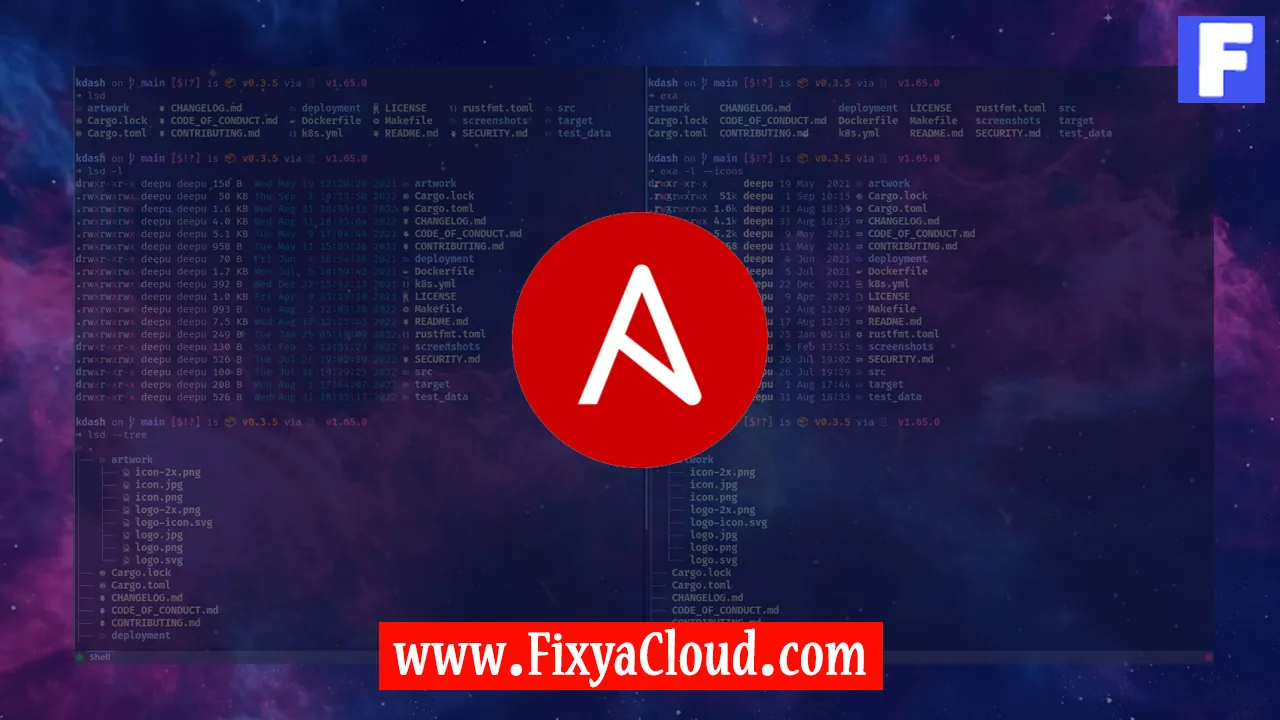How does Ansible integrate with Jenkins?

In the dynamic landscape of DevOps, the seamless integration of various tools is crucial for achieving efficient and automated workflows. Ansible and Jenkins, two powerful players in the DevOps toolkit, can be integrated to enhance automation and streamline the deployment process. In this article, we'll delve into the intricacies of how Ansible integrates with Jenkins to create a robust and automated deployment pipeline.
Understanding Ansible and Jenkins:
Before diving into the integration process, let's briefly understand the roles of Ansible and Jenkins in the DevOps ecosystem. Ansible, an open-source automation tool, focuses on configuration management and application deployment. On the other hand, Jenkins is a widely-used automation server that facilitates continuous integration and continuous delivery (CI/CD).Prerequisites for Integration:
Before we proceed, ensure that Ansible and Jenkins are installed on your system. Additionally, make sure that the necessary plugins are installed in Jenkins to support Ansible integration.Setting up Ansible in Jenkins:
Begin by configuring Ansible in Jenkins. Navigate to the Jenkins dashboard, click on "Manage Jenkins," and select "Manage Plugins." Install the "Ansible" plugin, allowing Jenkins to communicate with Ansible seamlessly.Creating Ansible Playbooks:
Ansible uses playbooks to define automation tasks. Create a playbook that outlines the tasks you want Jenkins to execute. For example, deploying a web application, configuring server settings, or updating packages.# Sample Ansible Playbook
---
- name: Deploy Web App
hosts: web_servers
tasks:
- name: Copy application code
copy:
src: /path/to/local/code
dest: /var/www/html/
- name: Restart Apache
service:
name: apache2
state: restartedConfiguring Jenkins Jobs:
In the Jenkins dashboard, create a new job or update an existing one. In the job configuration, add a build step to execute an Ansible playbook. Specify the path to your playbook in the configuration.ansible-playbook /path/to/playbook.ymlDefining Jenkins Build Triggers:
To initiate Ansible playbooks automatically, set up build triggers in Jenkins. This can be done based on code commits, scheduled builds, or other triggers depending on your workflow requirements.Parameterized Builds:
Enhance flexibility by parameterizing your Jenkins builds. This allows you to pass parameters to Ansible playbooks during execution, making your deployment process more dynamic and adaptable.ansible-playbook /path/to/playbook.yml -e "env=production"Logging and Error Handling:
Implement proper logging and error handling mechanisms in your Ansible playbooks to ensure that issues are identified and addressed promptly. Jenkins provides a comprehensive view of build logs for troubleshooting.Scaling Automation with Ansible Tower:
For larger and more complex infrastructures, consider using Ansible Tower. Jenkins can interact with Ansible Tower to manage playbooks, credentials, and job templates more effectively.
The integration of Ansible with Jenkins empowers DevOps teams to create a robust and automated deployment pipeline. By leveraging Ansible playbooks within Jenkins jobs, organizations can achieve consistency, scalability, and efficiency in their continuous integration and delivery processes.
Related Searches and Questions asked:
That's it for this topic, Hope this article is useful. Thanks for Visiting us.
